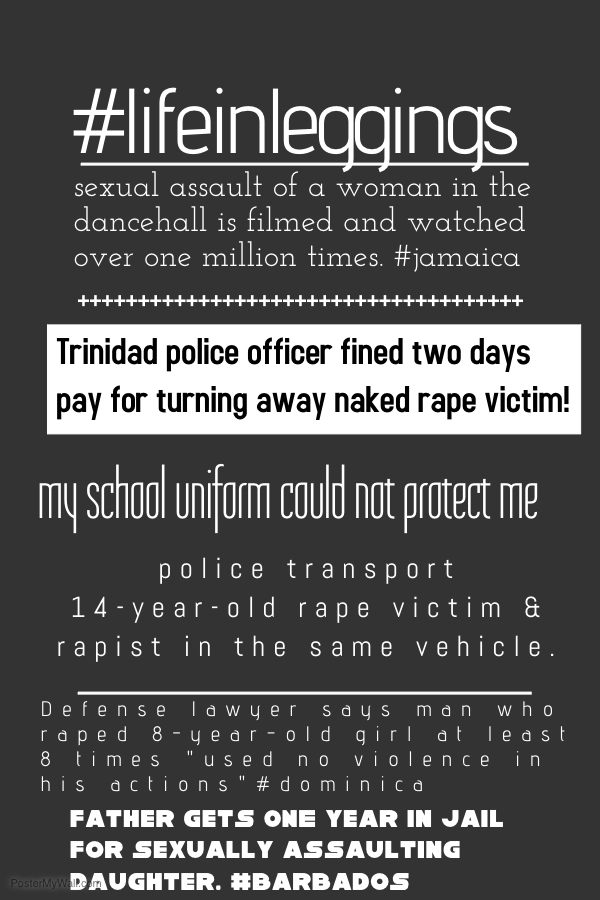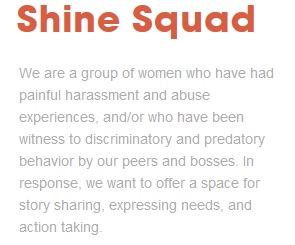Connie DiSanto, USA SSH Blog Correspondent
Street harassment, or sexual harassment in public spaces, involves an unwanted and unwarranted interaction with a stranger in a public place. Sexual harassment on a college campus also involves an unwanted and unwarranted interaction but it’s happening between peers (and in some cases, it involves faculty or staff) and the place could be an academic hallway, a quad, in a classroom or on the street in town that the college resides in. And when efforts are made by a harassed person to avoid a repeat interaction, it may be tough because of the community setting and the fact that often both the survivor and the harasser live on or near campus.
Although this type of behavior has been prevalent for decades across on campuses, it is not taken seriously enough, and in many cases, it is still seen as the normal culture of the college experience despite federal legislation prohibiting it.

Long gone are the days when you heard someone reference Title IX of the Education Amendments of 1972 and it only brought to mind equal access to sports for girls and women in public education. Today Title IX acts as a federal civil rights law prohibiting sex discrimination and addresses sexual harassment, gender-based discrimination and sexual violence. Yet the original intent of this protection with survivor-based policies is now under siege.
The current administration has begun to dismantle Obama Administration-era guidance and protections claiming that it denies due process to accused students. But in reality, it provided more protections, to both the accused and the victim, then any other law on the books. Under the leadership of current Secretary of Education Betsy DeVos, the Department of Education went as far as claiming that false accusations occur at the same rate as rapes, which is gross misrepresentation of the actual 2-6% of false accusations compared to the 1 in 5 women sexually assaulted, according to many studies. The Department of Education is supposed to be issuing new regulations to colleges for guidance sometime next month, and the general public will have an opportunity to give input via a “notice and comment” process, but until we see the actual proposed rules, we are left to wait and see and then act.
And despite demands for more funding to the Office on Violence Against Women, budget cuts to the Department of Education’s Office of Civil Rights, which investigates charges against schools for mishandling sexual assault claims and Title IX violations, are still among those cuts that will be made under the current administration.
If federal guidance becomes less strict on accountability and funding diminishes, then compliance becomes yet another barrier to a survivor’s protection under the law.
Just as the #MeToo movement recently spurred all 50 state attorney generals to demand from Congress an end to the practice of forcing sexual harassment cases into mandatory arbitration, changes need to be made on college campuses to help to put a stop to the culture of silence that protects perpetrators at the cost of their victims. One such promising recent action is the Alert Act which was introduced by a bipartisan group of U.S. Senators. It would ensure that the “I didn’t know” excuse can never again be used by university presidents for not protecting students from abusers, in particular, employees of universities. This bill would require an annual certification for federally-funded college and university presidents ensuring that they have reviewed all cases of sexual misconduct reported to their campus Title IX coordinator, and that they have not interfered with investigations of those cases.
Compassion for student survivors was the focus of the Obama-Biden campus sexual assault advocacy era, due to, in part, the “Dear Colleague Letter” that was announced here at the University of New Hampshire in 2011. We need that focus again.
Connie is the Marketing Communications Specialist for the Sexual Harassment & Rape Prevention Program (SHARPP) at the University of New Hampshire.


 Gender-based violence is currently ingrained in our society, and only true culture change will eradicate it. While we want to believe that organizations and groups working to end this violence and advance social justice are immune, abuse happens in these spaces as well. What happens when though when spaces that have a mission to end violence are actually perpetuating it? What happens when the perpetrators are our colleagues, our fellow activists, our leaders?
Gender-based violence is currently ingrained in our society, and only true culture change will eradicate it. While we want to believe that organizations and groups working to end this violence and advance social justice are immune, abuse happens in these spaces as well. What happens when though when spaces that have a mission to end violence are actually perpetuating it? What happens when the perpetrators are our colleagues, our fellow activists, our leaders?